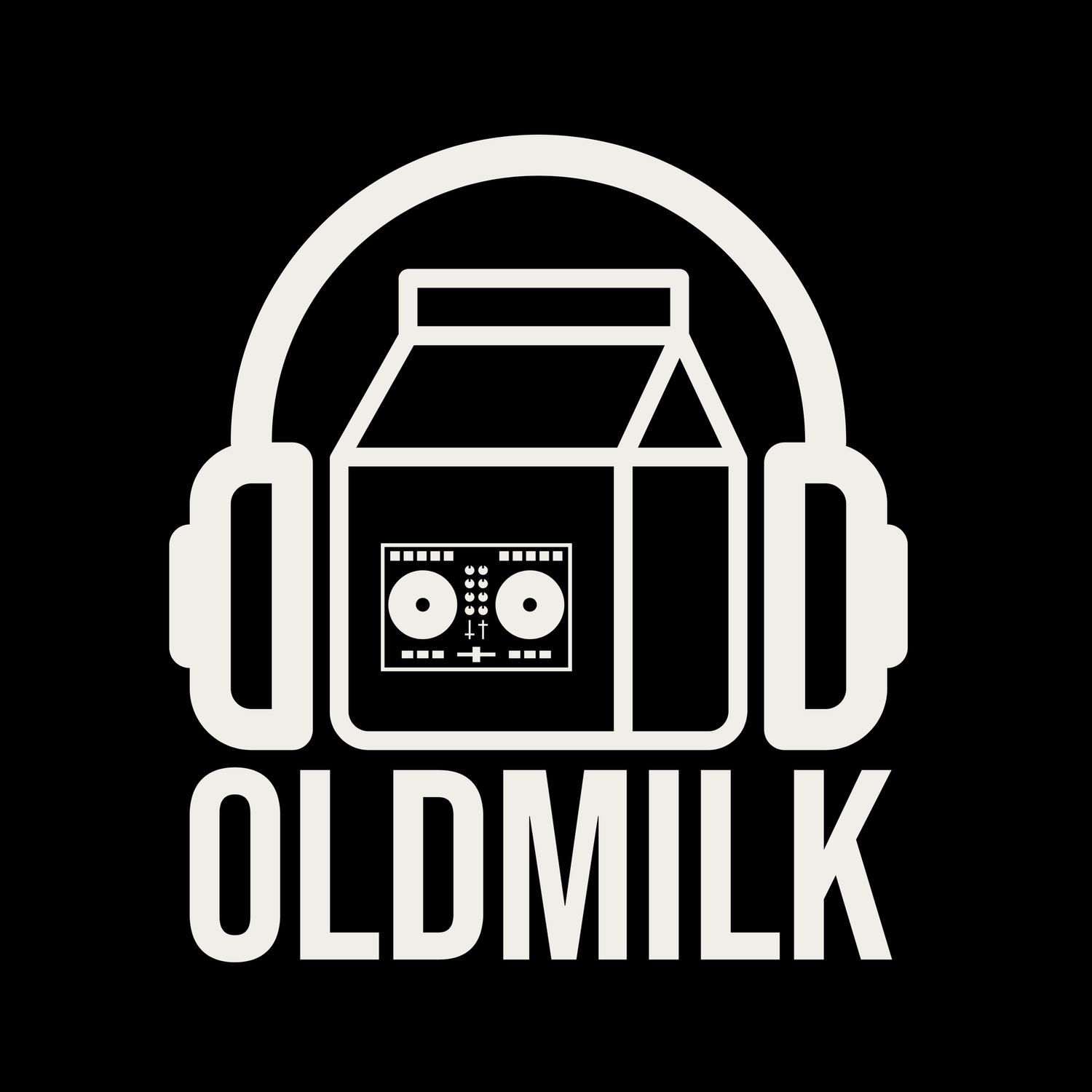Experimental Is The Way To Go For Hip-Hop's Future
Trippie Redd’s “Neon Shark vs Pegasus,” the Ohio rapper’s deluxe to his 2020 project “Pegasus” and seemingly inevitable rock album is the latest in what is the shunning of industry norms that keep black artists boxed into Hip-Hop and R&B. Throughout the second half of the 2010s, we’ve seen black artists push the boundaries of “urban” music, testing them like they never have before. Artists like Trippie Redd, Lil Uzi Vert, Anderson .Paak, and the deceased Juice WRLD and XXXTENTACION among others, have become mad scientists of music, trying to strike the right balance with the sonics of Hip-Hop, paired with Rock, Country, Pop, or Funk. However, what does all this experimental music and boundary testing mean for Hip-Hop?
“Neon Shark vs Pegasus” isn’t the first time Trippie Redd has tested the boundaries of what a rapper can do. In fact, his alt-rock and trap mashed sound combined with his emo lyrics can be traced all the way back to his 2017 project and debut, “A Love Letter to You.” From “A Love Letter to You,” Trippie Redd gained massive success with his song “Love Scars,” and created four installments of the “A Love Letter to You” series, each following the same formula of blending Hip-Hop with different types of rock and emo, heartbroken lyrics. On “Life’s A Trip,” Trippie Redd’s debut album, we heard him take a full dive out of the Hip-Hop bubble on songs like “Together,” “How You Feel” and “Underwater FlyZone,” while still incorporating traditional 2010s Hip-Hop on songs like “Dark Knight Dummo,” “UKA UKA,” among others.
However, the answer to the question I posed earlier regarding what experimental rappers mean for Hip-Hop is simple, they are the most important rappers in the game right now. Generations after us, if not our very own may inevitably become bored with the current Atlanta trap boom, and with every day Trap is the most dominant subgenre in Hip-Hop comes an increased urgency to figure out what the next big thing is for the genre. Historically, the adaptability of the genre is one of the strengths of Hip-Hop, and the reason why the genre’s growth from 1979 to now has been exponential.
Because of this, Hip-Hop must emphasize and encourage sonic experimentation until the next iteration of Hip-Hop is found. When you look at the landscape from Lil Uzi Vert to Trippie Redd, Kendrick Lamar, and Future, it can be claimed that we’re living in the most diverse Hip-Hop era in history. With newer artists like Rod Wave, Cordae, Megan Thee Stallion, Flo Milli, and more starting to headline their own subgenres of music, pushing the envelope in what they can do compared to what would be traditionally scripted for them five or ten years ago, I think it’s safe to conclude that Hip-Hop, especially on the experimental side is in a really good place.
Overall, Trippie Redd’s “Neon Shark vs Pegasus,” may be the most important album of the year, giving Hip-Hop some clarity about the future of its sound while also initiating what could be the most experimental year in Hip-Hop’s history. With the traditional lyricists, Hip-Hop Rockstars, Drill Stars, and those who blend Hip-Hop with Soul teasing the latest offerings from their own creative universes, 2021 could be gearing up to be the most important year in Hip-Hop’s history. With the clock ticking for Hip-Hop to figure out what its next phase may be, it’s not a matter of if but when the genre will figure it out.




